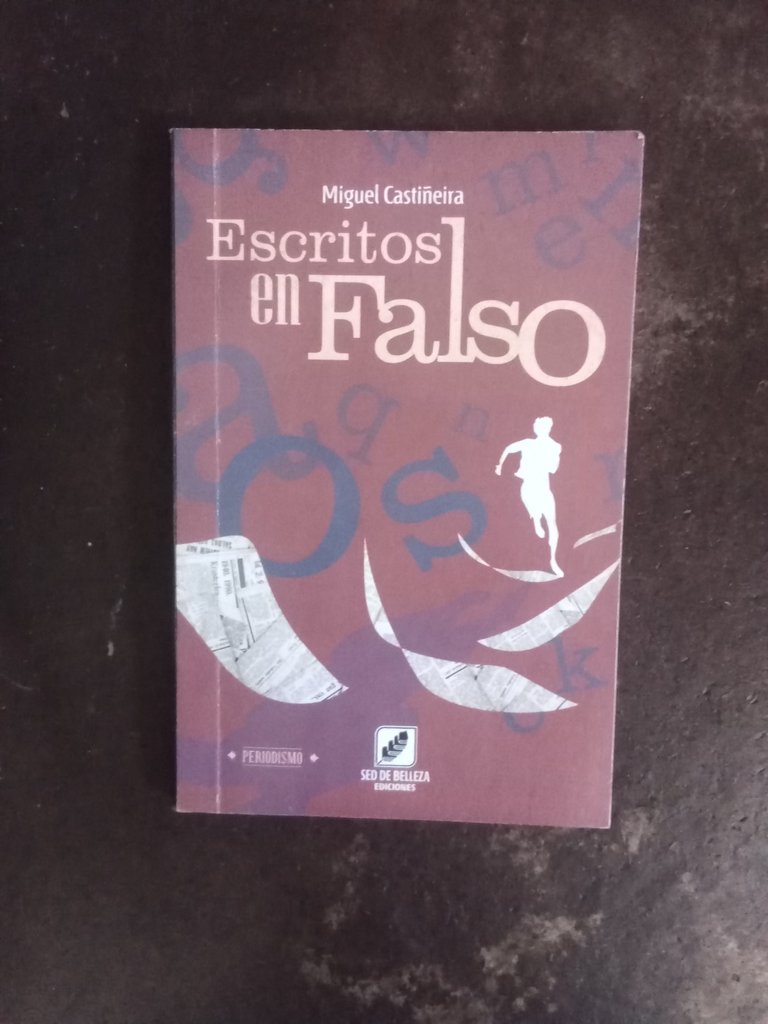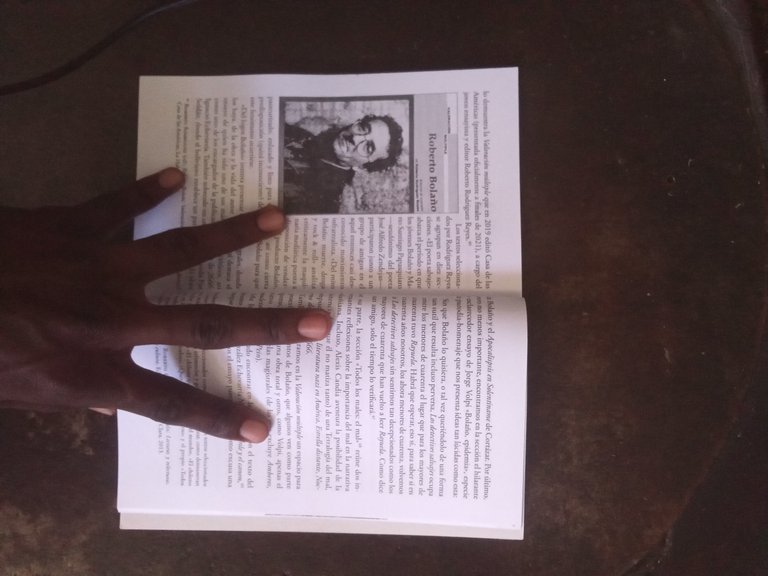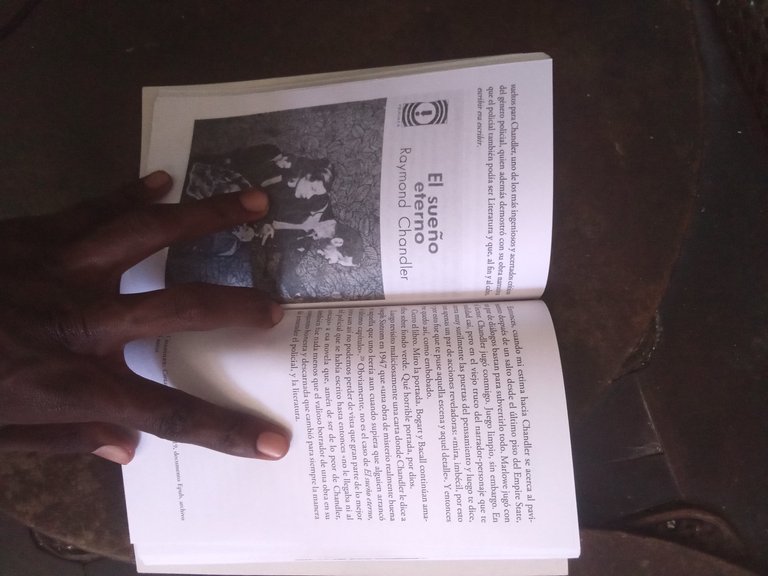
Metajournalism, perhaps the only space where Gabriel García Márquez and Miguel Angel Asturias could coexist in perfect harmony alongside Cuban musicians, most of whom live at the end of the world. And that in Cuba, as the author himself points out, is nothing more than the center of the earth, the center of the island. This is how "False Writings" is presented, a book in which Miguel Casitiñeira addresses the intricacies of narrative journalism from different perspectives.

The people who populate these pages could at times feel like characters populating the plot of an epic story that, although told in different times and spaces, are part of the same reality. Although if the genre to which this book belongs were not known in advance, this would seem implausible.

From the great literary figures of the last century to the troubadours who strike the right chords for the poetry of this time, Casitiñeira dares to use personal experience as an anchor to avoid foundering in the sea of legends that constitutes his book, populated by mythical creatures. Interviews, profiles, chronicles—everything is put to the service of telling stories, and telling them well.

It is clear that the main focus of these pages is not reality itself, but rather certain vocations that bring the reader closer to the life or other life of these characters (I dare say so) who have made these cultural figures known to the public, in order to somehow unravel their legend or elevate it even further; it all depends on the reader's eye.

These pages open up like a world of unsuspected realities where what is known as a journalistic approach mutates and questions itself through these texts. Thus, Written in False is both a challenge and an invitation to the reader that manages to build bridges to many other creative universes.
Version en español:
Metaperiodismo, tal vez el único espacio donde Gabriel García Márquez y Miguel Angel Asturias podrían convivir en perfecta armonía junto a músicos cubanos que en su mayoría viven en el fin del mundo y eso en Cuba como refiero el propio autor no es más que el centro de la tierra, el centro de la isla. Así se presenta "Escritos en Falso", un libro donde Miguel Casitiñeira aborda los entresijos del periodismo narrativo desde distintas ópticas.
Las personas que pueblan estas páginas por momento pudieran sentirse como personajes que pueblan la trama de una historia épica que aunque contada en distintos tiempos y espacio forman parte de la misma realidad, aunque si no se conociera de antemano el género al que pertenece este libro, esto resultaría inverosímil.
Desde las grandes figuras literarias del siglo pasado, hasta los trovadores que le ponen los acordes correctos a la poesía que desprende este tiempo, Casitiñeira se atreve a usar la experiencia personal como ancla para no terminar naufragando en el mar de leyendas que constituye su libro poblado de criaturas míticas. Entrevistas, perfiles, crónicas, todo se pone al servicio de contar y contar bien.
Es objetivo que la búsqueda principal en estas páginas no es la realidad misma, sino ciertas vocaciones que logren acercar al lector a la vida o la otra de estos personajes (me rindo a llamarles así) que han constituido estas figuras de la cultura frente al público, para de alguna manera desentrañar su leyenda o encumbrarla aún más, todo depende del ojo del lector.
Estas páginas se abren como un mundo de realidades insospechadas donde lo que se conoce como enfoque periodístico muta y se cuestiona a si mismo a través de estos textos. Así Escritos en Falso es un reto y a la vez una invitación al lector que logra tender puntes a muchos otros universos creativos.
